One of the things that I acquired from my degree work in Anthropology was an appreciation for the values and traditions of cultures, including my own and others. As a second-generation American, I fell victim to the “melting-pot” of American culture (a modified form of Northern European cultural traits and values) so that much of my Italian cultural traditions were greatly reduced mainly due to not ever having learned to speak the language. I’m not Italian, but I am an Italian-American and am proud of my ancestry. However, maybe due to my Anthropology background or maybe just because of how I have viewed the world from the start, I never felt compelled to focus solely on my Italian-ness. We still try to cook the traditional foods, especially during Christmas and Easter, and use the odd Italian word or phrase, but so much has been lost. Going to visit family in Italy in the 1970s really emphasized how little of Italian culture remained in me—again due to the fact I didn’t speak Italian. And no, just speaking English with an Italian accent or saying “mama mia” didn’t count.
I think moving to Neah Bay in 1980 and experiencing Makah culture firsthand was really a personal awakening for me in terms of ongoing cultural tradition. For at least 100 years beforehand, Makahs had experienced vast social, cultural, and economic changes due to the pressures from outside, non-Native cultures (for an insightful discourse on Makah culture and history, I strongly recommend Joshua L. Reid, The Sea is My Country: The Maritime World of the Makahs, ©2015). However, partly due to their relative isolation at the western tip of the Olympic Peninsula, but mostly due to a strong and vibrant cultural foundation, Makahs were able to (and still continue to ) maintain their sense of value and tradition in the face of those changes. I was so impressed with the strong sense of culture and tradition and felt so privileged to have had the chance to experience it firsthand. I have a deep appreciation for the Makah as they are a people who place great value on maintaining their culture, traditions, and identity. This in no way means they are static, unchanging, or living in a past which no longer exists. Makahs have been able to adapt to an ever-changing world yet still tightly hold on to those values and traditions essential to maintaining their cultural identity.
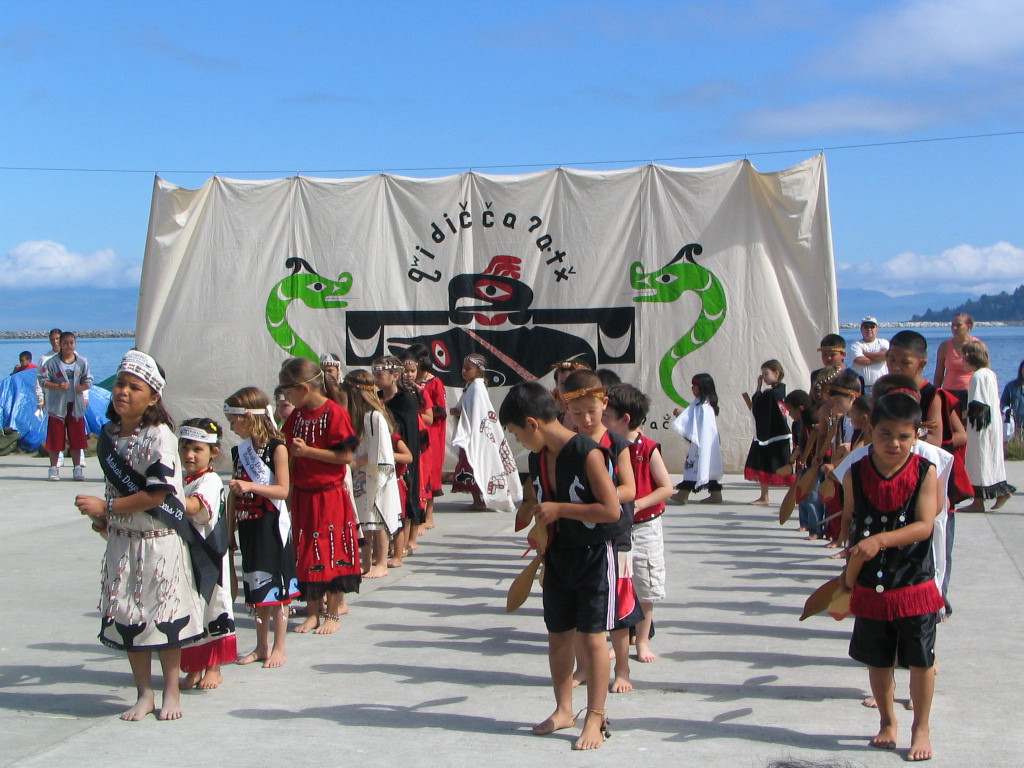
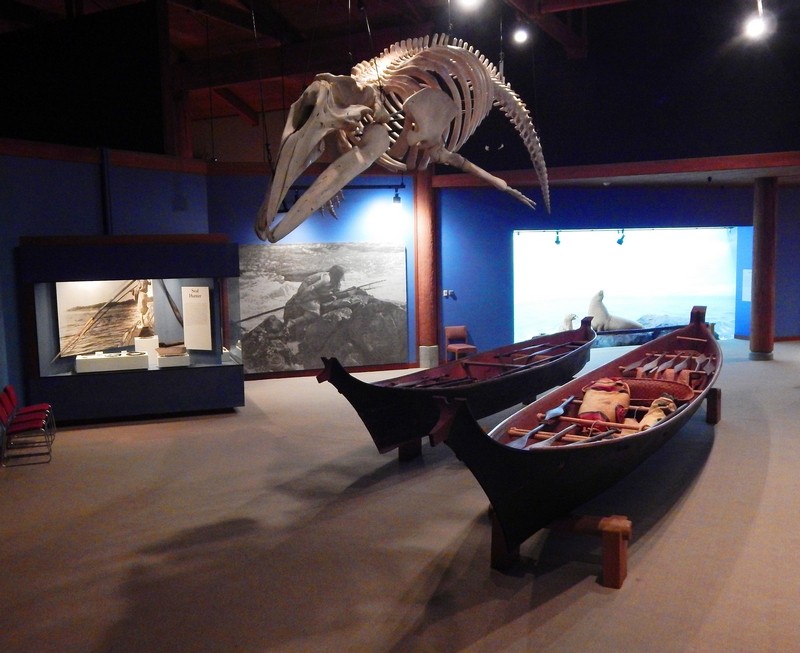
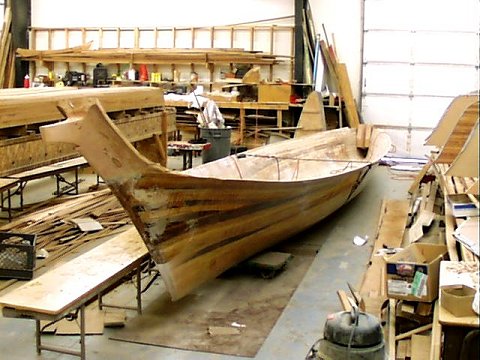
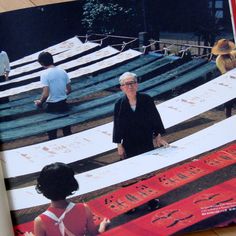
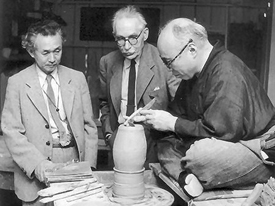
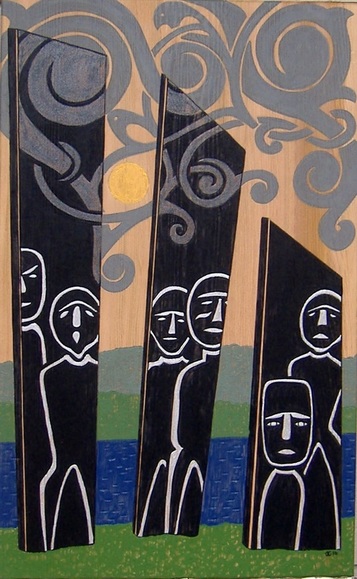
 RSS Feed
RSS Feed